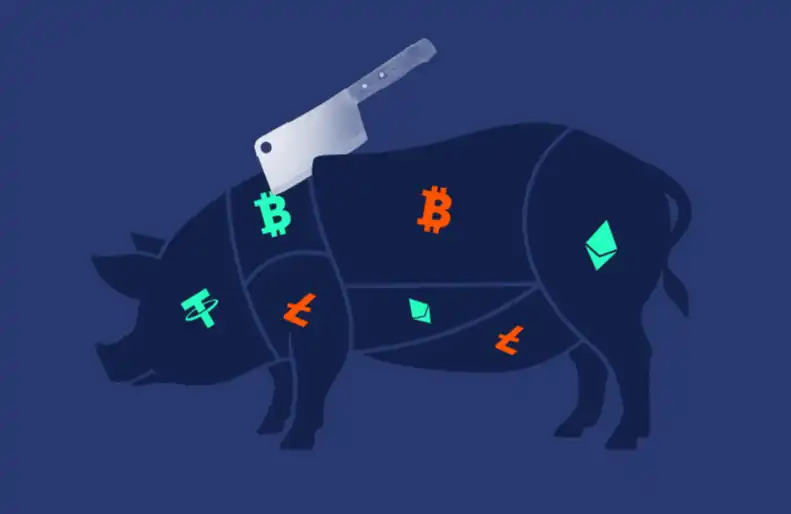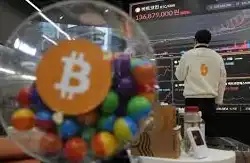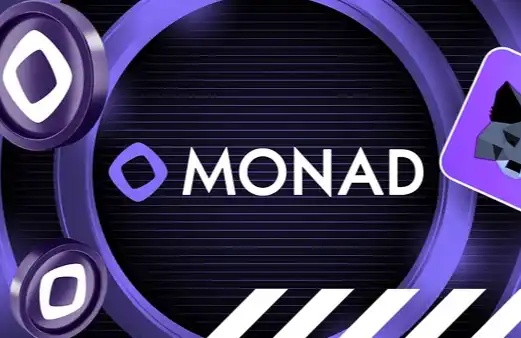Let's talk about the Bitcoin Core Transaction Relay Policy Debate and Why It Should Be Supported
Original Author: 0xTodd, Partner at Nothing Research
The Core team has released a new statement, causing a stir in the Bitcoin Core development community. I noticed there hasn't been much discussion in Chinese, so I'll analyze the background of the story and share my strong opinions. First, yesterday Bitcoin Core released a statement called "Bitcoin Core Development and Transaction Relay Policy," which opponents have criticized as notorious as the "New York Agreement."

So, what did this statement actually say? Bitcoin Core is planning to implement its own built-in transaction relay. I believe this transaction relay is paving the way for the previous removal of the OP-Return size restriction. Why has this sparked so much discussion?
It's because there's another backstory to the story, which I've discussed before—2 years ago, script was on the rise, but these scripts, characters, were sneaking their content into the Bitcoin blockchain's OP-Return area in a way similar to a "card Bug," thereby circumventing the Bitcoin block size limit.
As a result, Bitcoin is now divided into the right and far right factions. The script has caused outrage among the far right, so at the urging of Luke and others, the Bitcoin second-ranked client Knots introduced a garbage filter, treating these script transactions as junk transactions and refusing to mine them. If you remember, this even caused an Ordi crash at the time. But the mainstream right, namely the Bitcoin Core team, believes that since the script was able to bug its way onto the chain, it's better to legitimize them than to let them continue to sneak on.
Recently, the Core team has proposed a new pull request, aiming to change the OP-Return from 80KB to unlimited, effectively lifting the restriction on scripts, allowing them to be included on-chain openly. Although scripts are almost all through, I think this is somewhat of an additional subsidy to miners, after all, making a little extra can make the Bitcoin network more secure.
After discussing the background, let's get back to what this "transaction relay" really is. In theory, Bitcoin is a P2P network, meaning all miners are directly connected to each other. However, this thing is the theoretically safest practice, as the current network environment is quite secure, there's no real need to be so extreme about it.
So the "Transaction Relay" was born, and everyone can first send the transaction to the relay (note that this is not mandatory, it is voluntary), which has two main benefits:
1. It helps prevent DoS attacks, as those who send spam 0-fee transactions will not flood the miner's p2p servers;
2. Speeds up transaction block propagation, reduces latency, and helps prevent large miners from gaining unfair advantages.
Actually, it's a good thing. In the past, transaction relays had different strategies, with some strictly filtering out spam transactions, and others being completely free.
PS: I don't think this is transaction censorship; it's more about filtering out spam transactions, and users can choose not to use these features. In fact, both the Right (Core group) and the Far Right (e.g., Luke) have demands for filtering out spam transactions, but the core contradiction is—everyone has a completely different definition of spam transactions.

The Far Right believes that data embedding is a spam transaction and should be eliminated, and Bitcoin should not become a settlement chain. The Right believes that we should not censor (data embedding) or restrict certain transactions from being added to the chain. Filters should only filter out those that are purely DoS attacks. PS: Although I used the term Far Right here, it does not imply that the Far Right is a derogatory term. The former is radical spam filtering, and the latter is mild spam filtering.
In the past, these transaction relays were more like labors of love, maintained by volunteers, especially with the [radical spam filtering rules], because these volunteers had very strong beliefs—the hatred of data embedding. However, once the Core group personally added [mild spam filtering rules] to the Bitcoin client, it may have meant that the market share of those [radical spam filtering rules] in the past suffered a significant decline.
If you're a little lost at this point, let me make an analogy—it's like an official suddenly announcing a crackdown on CP, cracking down on fan-made inappropriate pairings CP, which is like officially killing off fan works. Of course, even though Core currently has a market share of over 90%, Core does not consider themselves "official."

Because Bitcoin is a network defined by its users, users have the ultimate freedom to choose what software to use and to implement any policies they wish. Bitcoin Core contributors have no authority to dictate these matters, and to avoid suspicion, they even avoid software auto-updates.

I personally support updates like those from the Core team. As the saying goes, if your backyard fence is only 10 centimeters high and everyone can freely come and go, you might as well just take it down. Personally, although I have no particular attachment to opcodes, I don't think they are junk transactions. As long as the fee is paid normally, it's a good transaction.
Op_Return transactions also pay fees based on their size, there is no need to have issues with money, and it provides miners with additional revenue, helping Bitcoin maintain strong security even after multiple halving events. And I am firmly against transaction censorship, with Bitcoin's semi-official Core team at the forefront showing any discrimination against transactions that pay a normal fee because transaction discrimination will gradually turn into transaction censorship.
One of Bitcoin's proudest attributes is its security and lack of transaction censorship. Adopting mild garbage filtering rules benefits both of these attributes simultaneously. Opponents criticize this as a compromise by the Core team to miners (considering miners' income) at the expense of its users. I disagree with this viewpoint—Op_Return users are also Bitcoin users.
The times have changed; it's no longer the hardware environment of 2008. If in 2025 Bitcoin's blockchain contains some text or images, it's not a challenge for nodes, and Satoshi Nakamoto himself left news from that year in the genesis block. Bitcoin will never become a storage chain, but without changing the underlying structure, what's wrong with storing some data as a side job?
Real physical gold can be used to carve records, and our electronic gold should also allow this. That's why I strongly support the Core team's proposal.
This article is a contributed submission and does not represent the views of BlockBeats.
Welcome to join the official BlockBeats community:
Telegram Subscription Group: https://t.me/theblockbeats
Telegram Discussion Group: https://t.me/BlockBeats_App
Official Twitter Account: https://twitter.com/BlockBeatsAsia


 Forum
Forum Finance
Finance
 Specials
Specials
 On-chain Eco
On-chain Eco
 Entry
Entry
 Podcasts
Podcasts
 Activities
Activities
 OPRR
OPRR









